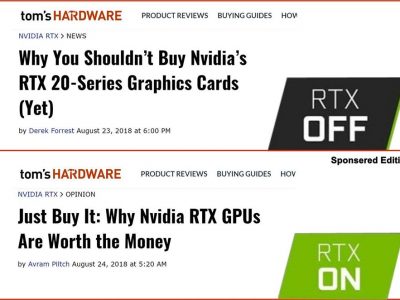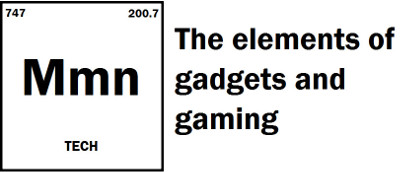
Here’s why pre-order culture is dumb
Every now and then, I’ll come across a thread on gaming sites ranting about pre-order culture. A lot of gamers are pushing to end the practise. Others don’t understand why people are so upset about it. So here’s a quick and dirty primer on why pre-ordering your games is dumb, and why you should stop doing it.
You’re paying for promises
Big publishers are treating pre-orders like their own personal Kickstarter. This allows them to pad revenue in between major releases. It helps games get funded, and looks good to shareholders.
When you pre-order a game early on, you’re paying for a promise that they’ll deliver you something. What that something is can change dramatically over the course of development. Sometimes the best things promised about a game don’t even make it into the final cut.
It’s a bit like buying a house from a plan. You get something that’s shiny and new, but then you discover it’s in a bad school district and you hate your neighbours. Who wants to deal with that crap.
Then there’s the season passes. A promise to deliver pre-ordered DLC for a fixed price, yet with no indications of what that DLC will actually be. Your $40 could get you a few fantastic expansions, or a couple chintzy weapons packs.
Life isn’t a box of chocolates. Why fork out good money when you have no way of knowing what you’re going to get?
Promises that aren’t often kept
A pre-order is a promise to deliver a finished game by a certain date. As we’ve seen in the last couple of years, publishers ship the game on time alright. Just don’t hold your breath that it will actually be finished.
Batman: Arkham Knight for PC is probably the best recent example. Warner Bros. had hyped up a fantastic game, but failed to deliver what was being advertised. It was pulled from stores shortly after launch for releasing in a nearly unplayable state. I’d hesitate to even call it a Beta build. The folks who pre-ordered the game had to wait four months for a patch to come out. Even then, it didn’t fix all the major bugs.
This is just one example of a whole slew of games on all platforms that have been released in a poor state. The attitude is just to shove it out the door and fix it later. For gamers who wait, they get the benefit of reviews and post-release patches. What does the pre-order culture get? A $60+ door stop that may never get fixed.
It’s creating a culture of haves and have-nots
Ah, but the one benefit the pre-order crowd gets are all those lovely goodies.
Back in the day, pre-order customers usually got a physical gift. A statuette, a bag, t-shirt, art books. Today we’re seeing in-game content being locked behind a pre-order wall.
Those who pre-order may get certain goodies in multiplayer that put those who waited at a big disadvantage. Especially if they happen to be stats boosting items, which they often are.
That seems like a great incentive to pre-order. Unfortunately, even that content is not distributed evenly thanks to retailer exclusives. In order to get every skin, item, and weapon, you’d need to pre-order the game from Gamestop, Best Buy, and Amazon. That is unless you want to wait for the inevitable GOTY edition a year down the road.
Deus Ex’s “Augment your Pre-Order” turned this BS up a notch when it turned it into a quasi crowd funded endeavour. Trying to encourage more people to jump on the bandwagon in order to unlock new items. It was rightly chided for how stupid and anti-consumer it was.
Pre-ordering makes no sense with digital games
In the old days, you might pre-order a game to ensure a copy was available at your local store. This can be a pretty big deal, especially around the holidays.
Yet with the growth of digital downloads, this practise no longer makes sense. The “store” is never going to run out. So what’s the advantage? Most platforms will “pre-load” the game for you. That is, they download it a few days in advance and a key unlocks it for access at midnight on launch day.
Are your really that much of a whore to consumerism that you can’t just wait a couple hours after launch for it to download?


